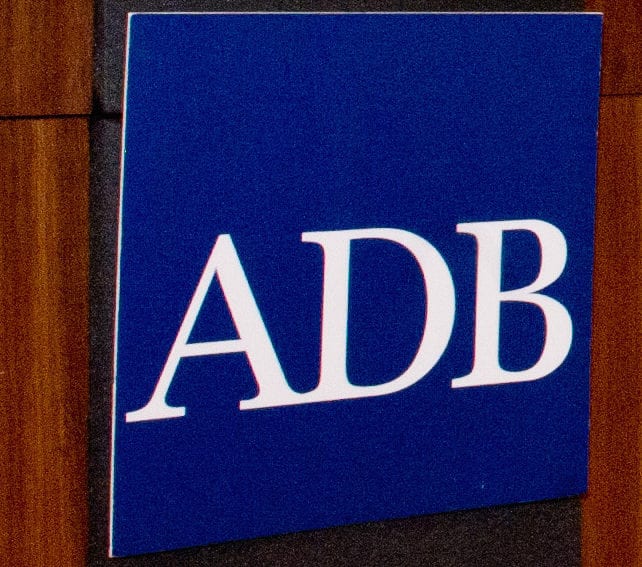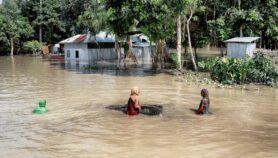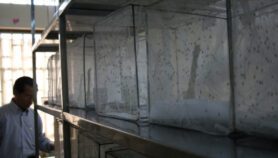By: Anna Valmero
Send to a friend
The details you provide on this page will not be used to send unsolicited email, and will not be sold to a 3rd party. See privacy policy.
[MANILA] The Asian Development Bank (ADB) beginning this February made its research publications free online joining the ranks of global organisations looking at open access and knowledge sharing to address development issues.
ADB’s research archive, dating back to the bank’s founding in 1966, joins other multilateral banks such as the World Bank in a global network of over 3,000 open access repositories that are free for reading, download and distribution.
Prior to the policy shift, ADB restricted access to its publications through traditional subscription models, which charge expensive payments and set strict copyright rules.
Now researchers and policy makers can gain access to information-rich data.
“More downloads and discussions of a publication can increase its chances to inform and empower development scholars, and influence policymakers who are involved in governance in the region,” explains Satinder Bindra, principal director of the ADB’s external relations department.
“We want to put our knowledge in the hands of those who are seriously looking for solutions to problems in Asia and the Pacific,” Bindra tells SciDev.Net.
He adds that in today’s changing communication landscape, a good digital strategy can significantly increase the citation of publications and help capture a larger digital footprint.
In 2014, the ADB website averaged 45,000 downloads a month or 540,000 annual downloads. ADB expects this will “significantly increase” with the initiation of the open access policy.
Lemmuel Aragones, associate professor at the Institute of Environment Science and Meteorology at the University of the Philippines Diliman, agrees on the importance of updated research and data sets as key to forming sound policy.
Aragones thinks that governance especially in developing nations can learn a lot from the best practices and lessons often highlighted in international and academic publications.
A researcher or librarian will tend to shy away from online archives that require monthly subscriptions to view content, notes Nigel Browne, information manager who runs the library of Erasmus University Rotterdam’s Institute for Housing and Urban Development Studies.
Erasmus University has the RePub online open access repository, wherein student researches in all levels are archived a week after its panel presentation.
For open access policy to flourish, Browne says this should also address several challenges such as hybrid models that disguise as open data but are more commercially inclined.
He believes that a promising development for open access is the growth of a community of peer reviewers independent of publishers, which currently control the system wherein research performance is judged by the number and quality of journals that publish researches.
This article has been produced by SciDev.Net's South-East Asia & Pacific desk.














